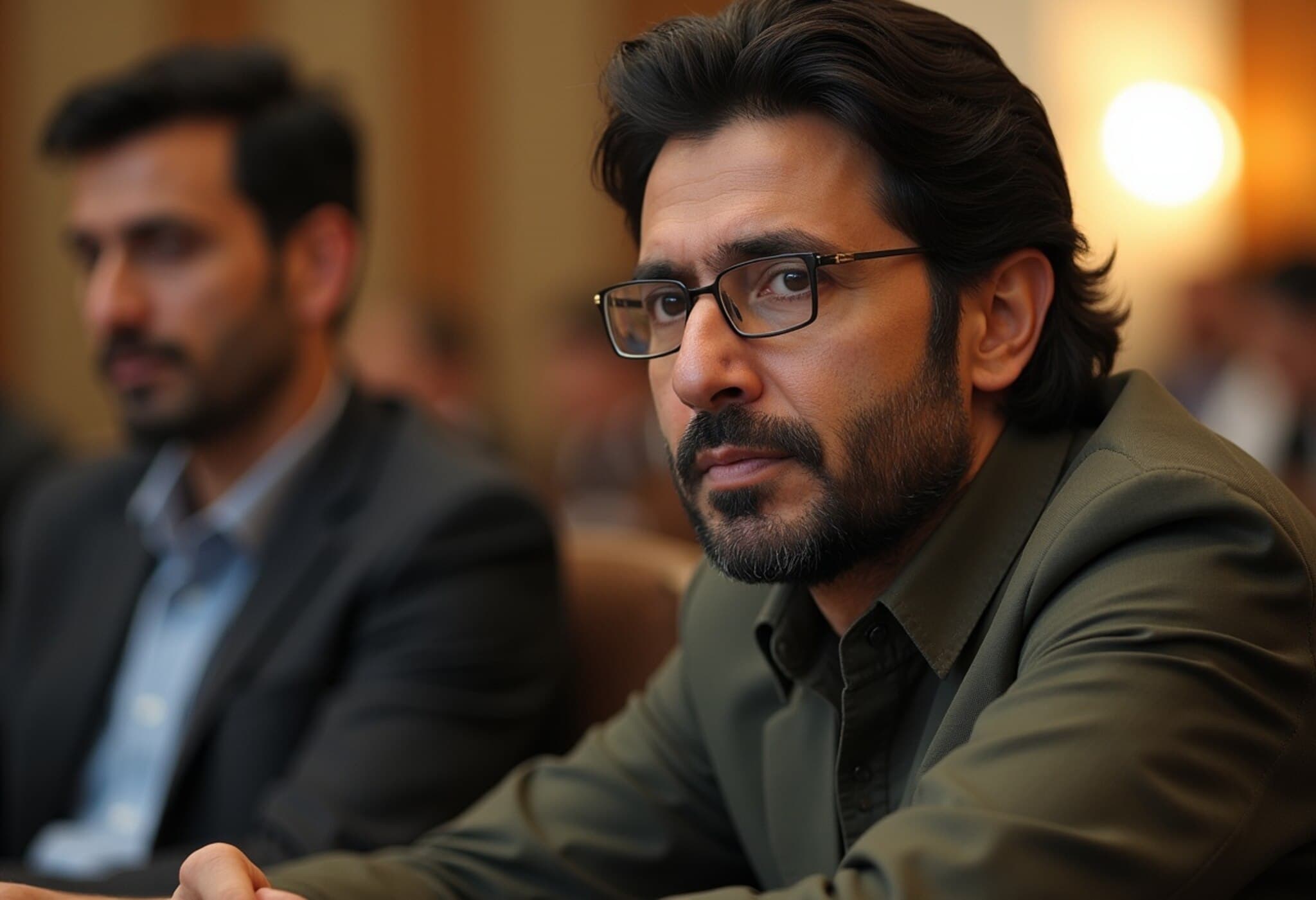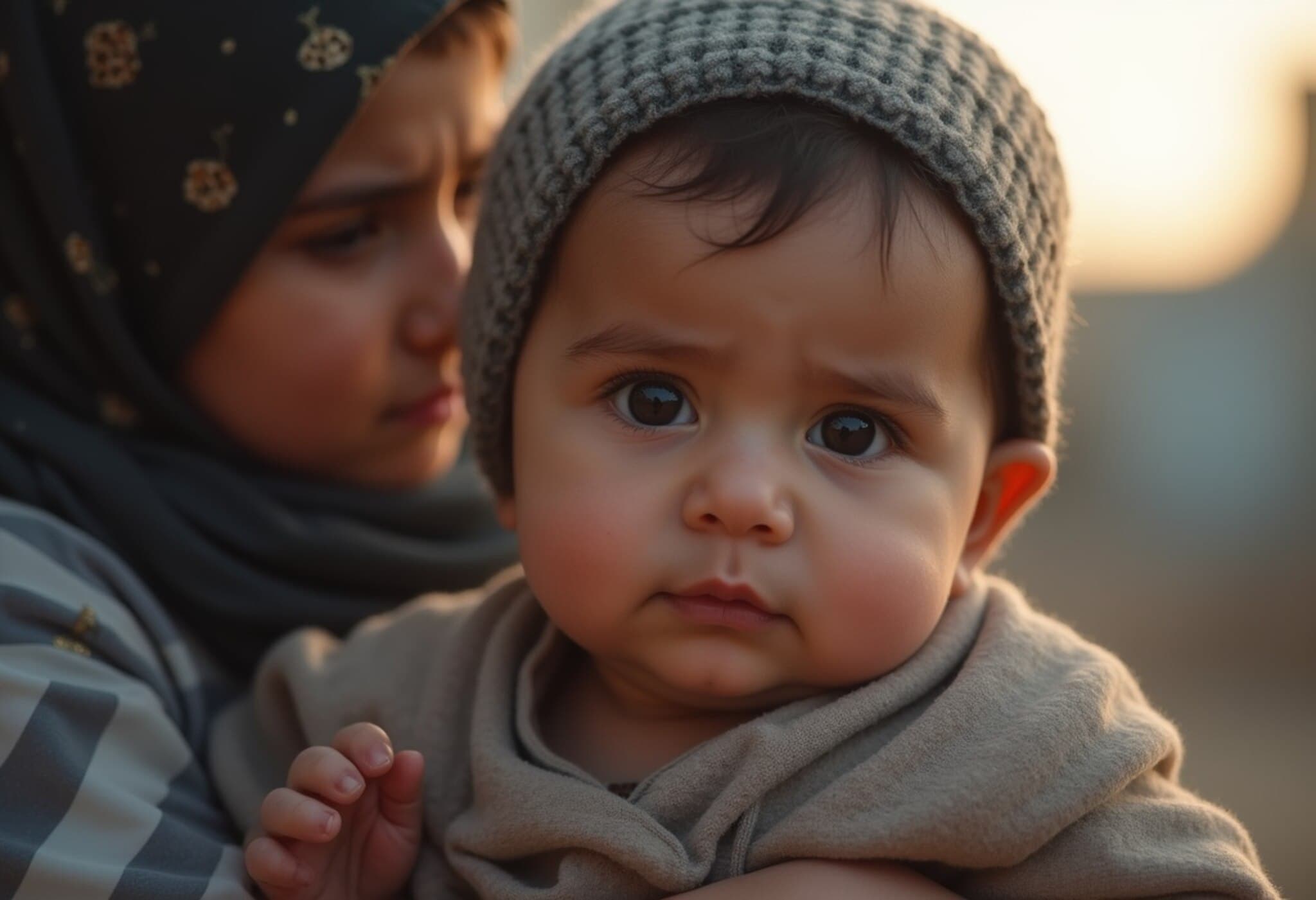US-Funded Contraceptives Worth $10 Million to Be Destroyed in France
A stockpile of contraceptives, funded by the US government and intended to assist women in developing countries, is slated for destruction in France. Valued at close to $10 million, this unused supply includes birth control pills, intrauterine devices (IUDs), and implants, sitting idle for months after a freeze on foreign aid programs initiated in 2025.
Background: The Impact of the Trump-Era Foreign Aid Freeze
Since January 2025, the US government implemented a sweeping pause on certain foreign aid programs, including those managed by the US Agency for International Development (USAID). This policy shift, associated with then-President Donald Trump, halted shipments of reproductive health supplies abroad, leaving significant stockpiles stranded in warehouses such as one in Geel, Belgium.
Despite the contraceptives having expiry dates extending from April 2027 to September 2031—well into the future—the supplies remain untouched, raising questions about policy priorities versus humanitarian needs.
International Offers to Redistribute Supplies Were Rejected
Several international organizations, including the United Nations Population Fund (UNFPA) and advocacy groups such as MSI Reproductive Choices, expressed interest in purchasing or receiving these contraceptives to distribute in poorer nations. According to MSI’s Advocacy Director, Sarah Shaw, her organization offered to repackage and redirect the contraceptives, but the US government declined all such proposals.
Shaw explained to Reuters, "We were told the US government would only sell the supplies at full market value," a stance that experts perceive as an ideological barrier rather than a financial necessity. She further warned that the refusal to repurpose these supplies could exacerbate unsafe abortion rates, particularly in sub-Saharan Africa, where USAID contraceptives have been a critical resource.
Concerns Underpinning the US Government’s Refusal
Sources indicate Washington's unease stemmed from fears that the contraceptives might reach organizations linked to abortion services, which would conflict with strict funding rules embedded during the Trump administration. Furthermore, the prominent USAID branding on the packaging reportedly added to reluctance in redistributing the stock, highlighting how political concerns can sometimes overshadow public health imperatives.
Belgium’s Efforts and the Costly Implications
Belgium's foreign ministry confirmed ongoing negotiations with the US, attempting to find a solution that would prevent waste. However, no agreement has been reached. A spokesperson emphasized that sexual and reproductive health should "not be subject to ideological constraints."
The destruction process will take place in a medical waste facility in France, at an estimated cost of $160,000—a significant expense absorbed by American taxpayers for materials that could have saved lives.
Legislative Actions Came Too Late
In recent weeks, a handful of US lawmakers introduced bills aimed at stopping the destruction and enabling the transfer of these supplies to countries in need. Unfortunately, industry observers note that these efforts may not conclude swiftly enough to prevent incineration.
An internal USAID memo from April recommended transferring the contraceptives to avert waste and extra costs, yet this advice remained unheeded, illustrating a disconnect between administrative knowledge and political will.
Broader Implications for Global Reproductive Health
This development highlights the complex intersection of geopolitics, ideology, and global health policy. While the internal dispute over supply redistribution unfolds, women in developing countries—many desperately reliant on accessible contraception—face increasing barriers to reproductive autonomy and care.
Experts caution that decisions like these not only reflect administrative policies but can have ripple effects on public health, economic stability, and women's empowerment worldwide.
Editor’s Note
The incineration of these vital contraceptives prompts urgent reflection on how political frameworks can inadvertently hinder humanitarian aid. It raises pressing questions: How can future policies safeguard such critical supplies from bureaucratic and ideological gridlock? What safeguards are necessary to protect global reproductive health access amid shifting geopolitical landscapes?
As the world confronts rising calls to advance women's rights and global health equity, this case exposes a cautionary tale about the cost of political inflexibility on vulnerable populations.












